I’ve been wanting to organize my thoughts on this topic for awhile. Through therapy and my own research, I came to a realization several years back that my own mother had what some call “narcissistic traits”. In my personal and professional life, I’ve encountered many other instances of mothers who seem to exhibit narcissistic traits. With the recognition that we tend to see our pain, struggles, and concerns reflected in the world around us, I write this for others who may also be struggling to conceptualize their experience and observations about narcissism in mothers.
Like other terms that get over-used, the meaning of “narcissistic” is somewhat unclear. What I understand it to mean is both based on the myth of Narcissus (the derivation of the term) and the diagnostic criteria in the Diagnostic and Statistical Manual (DSM) that is used by mental health clinicians in the United States.
Briefly, the myth of Narcissus is about a beautiful youth who falls in love with his own reflection. The DSM diagnosis is characterized by a “pervasive pattern of grandiosity (in fantasy or behavior), need for admiration, and lack of empathy, beginning by early adulthood and present in a variety of contexts, as indicated by five (or more) of the following:”
- A grandiose sense of self-importance
- Preoccupation with fantasy of unlimited success, power, beauty, ideal love
- Belief they are special and can only be understood by other special people
- Requires excessive admiration
- Sense of entitlement
- Interpersonally exploitative
- Lacks empathy; unwilling to recognize or identify with others’ feelings
- Envious of others or believes others to be envious of them
- Arrogant
The above list is abbreviated but is taken directly from my Desk Reference to the Diagnostic Criteria from DSM-5.
What the abbreviated descriptions of the myth and the diagnosis fail to capture about narcissism in mothers are context and meaning. In essence, this is a shallow understanding of these traits, much like a narcissist’s understanding of themselves and the world.
To gain a deeper understanding, we look more closely at the myth. Narcissus was the son of the river god Cephissus and the nymph Liriope. Liriope was told by the prophet Teiresias that her son “would live a long life as long as ‘he never knows himself”. Narcissus grows up to be beautiful and he is pursued by many but is only captivated by his own reflection in a pool. He cannot be drawn away from it and eventually dies only to be “reborn” as the Narcissus flower.
We might not feel a ton of empathy for a character who is so shallow and self-absorbed that he dies while gazing at his own reflection but when I think of what this implies in the real world, I find it profoundly sad. In my observations, these types of people are deeply fearful of relationships and extremely insecure.
We see this in the diagnostic criteria as well. Grandiosity is an overcompensation for a feeling of insignificance. Think of the truly confident people you know, not arrogant, but truly self-assured. They seem at ease with themselves and the world, like whatever life throws at them, they’ll be able to handle it. The true mark of confidence? They have no need to convince anyone of their worth–they already know. Truly confident people do not need to display “arrogance” nor do they have an excessive need for “admiration”.
What about “lack of empathy”, “entitlement”, and “personally exploitative”? Empathy is a vulnerable emotion–we put ourselves in someone else’s shoes which can be painful but can also lead to deep connection with others. The door to our hearts is open and we give of ourselves when we empathize. For those who can’t or won’t empathize with others, there is often a wound that precedes it, sometimes very early in childhood. They feel a profound emptiness, perhaps like they have nothing to give or if they were to open up, they fear being taken advantage of. How do they cope? By closing their hearts to others and only using them to sate their need for numbness against the pain of emptiness. At their core, narcissists believe
“I am nothing so I have nothing to give. In order to live, I need others to remind me I am worthy.”
Though this may seem sad, this does not mean we need to relax our own boundaries around people who are like this. They are very adaptable and will find ways to get what they need from you through flattery, seeming fragile or wounded, or convincing you that you owe them somehow. My mom always seemed helpless and fragile so I felt I must be there for her and protect her. For others, their moms can be deeply critical in a way that makes them seem better by comparison.
But the question that haunts me is “Why might these traits occur in mothers in particular?” I’ve found a lot of insight into this from the work of Bethany Webster. She writes about The Mother Wound, which shares commonalities with narcissism but she doesn’t call it that. She instead talks about how our mothers’ dysfunctional coping mechanisms were their attempt to deal with the pain of being devalued in a patriarchal world. This has wide-reaching ramifications down to our relationships with ourselves and the earth. I highly recommend her work.
To me, this provides great insight into why we may see these types of traits more often in mothers. In a world that tells women that our value is in our image and in what we can give to others, why wouldn’t we want to protect that image and why wouldn’t we feel fearful about only being valued for what we can give to others? In a world in which women’s bodies, time, and emotional labor are exploited by those closest to us, why wouldn’t we want to close off our hearts, protect ourselves from disappointment, and invest our time and energy in the only thing that seems to hold currency for us–our image?
For mothers, especially, there is a tremendous amount of expectation and judgment directed at them for how they raise their (and their partner’s) children. Women are taught our only value lies in the approval of others so we grow up seeking it out and when we become mothers, we may look our children to give us the reassurance we crave. Our mothers learned long ago that they were never enough. They fought to be noticed and to be valued and some of them are still fighting. Their pain and emptiness is so profound that they need a near constant supply of reassurance from others to soothe themselves.
Again, this doesn’t need we need to feel guilt or make allowances for mothers who behave this way. I actually find that these realizations make it all the more urgent that we break the cycle by learning how to deeply love and appreciate ourselves. Then, when we do decide to give of ourselves, it’s from a wellspring of appreciation for our own humanity and the humanity of others and not just a shallow puddle where we see our muddy reflection.









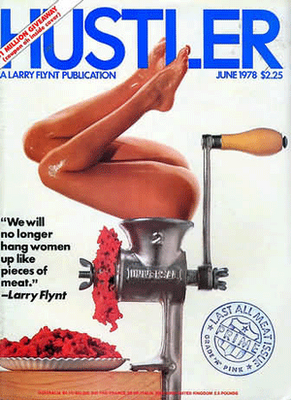
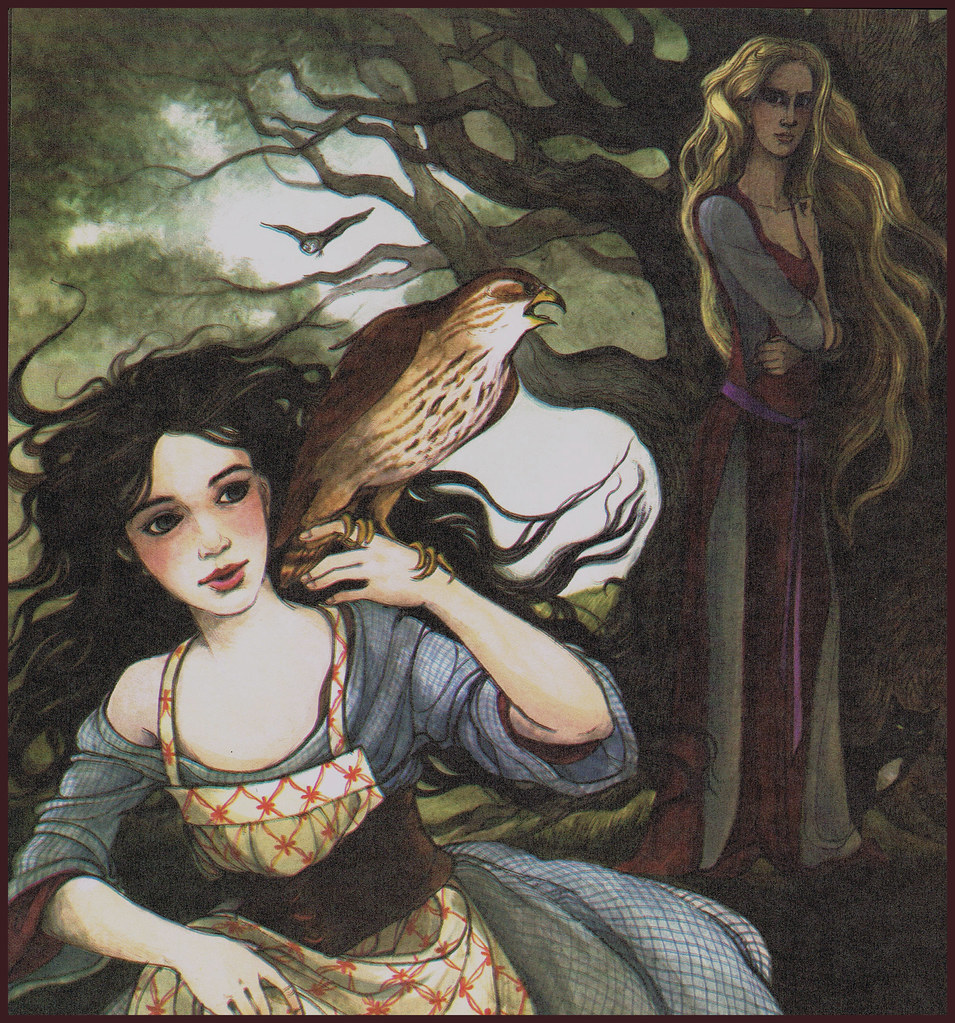











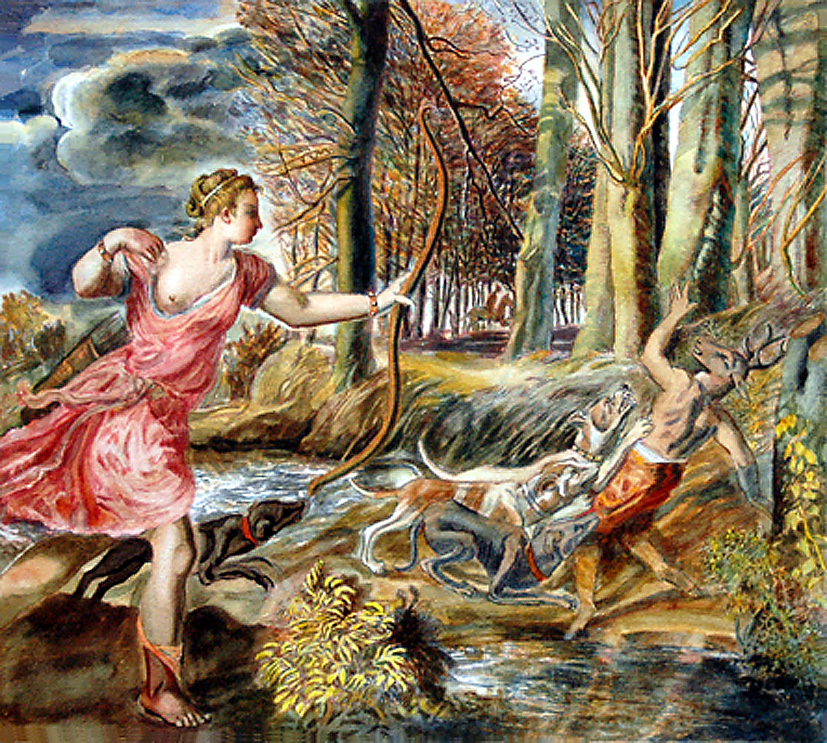



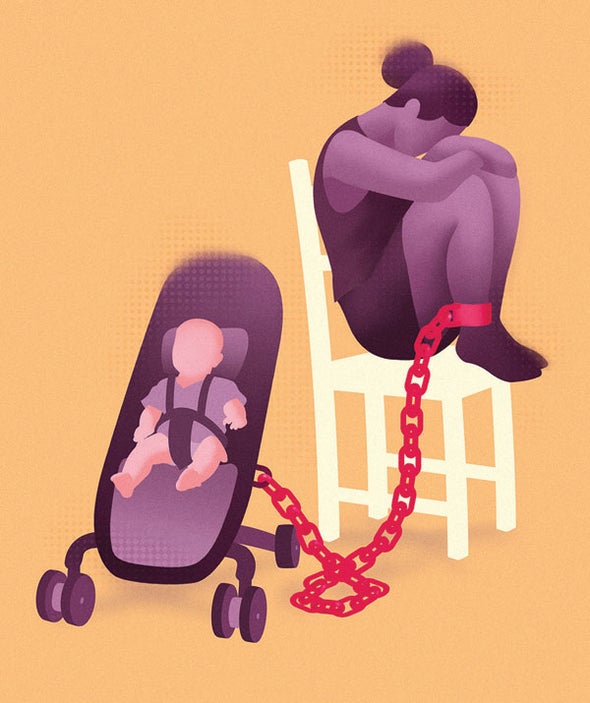

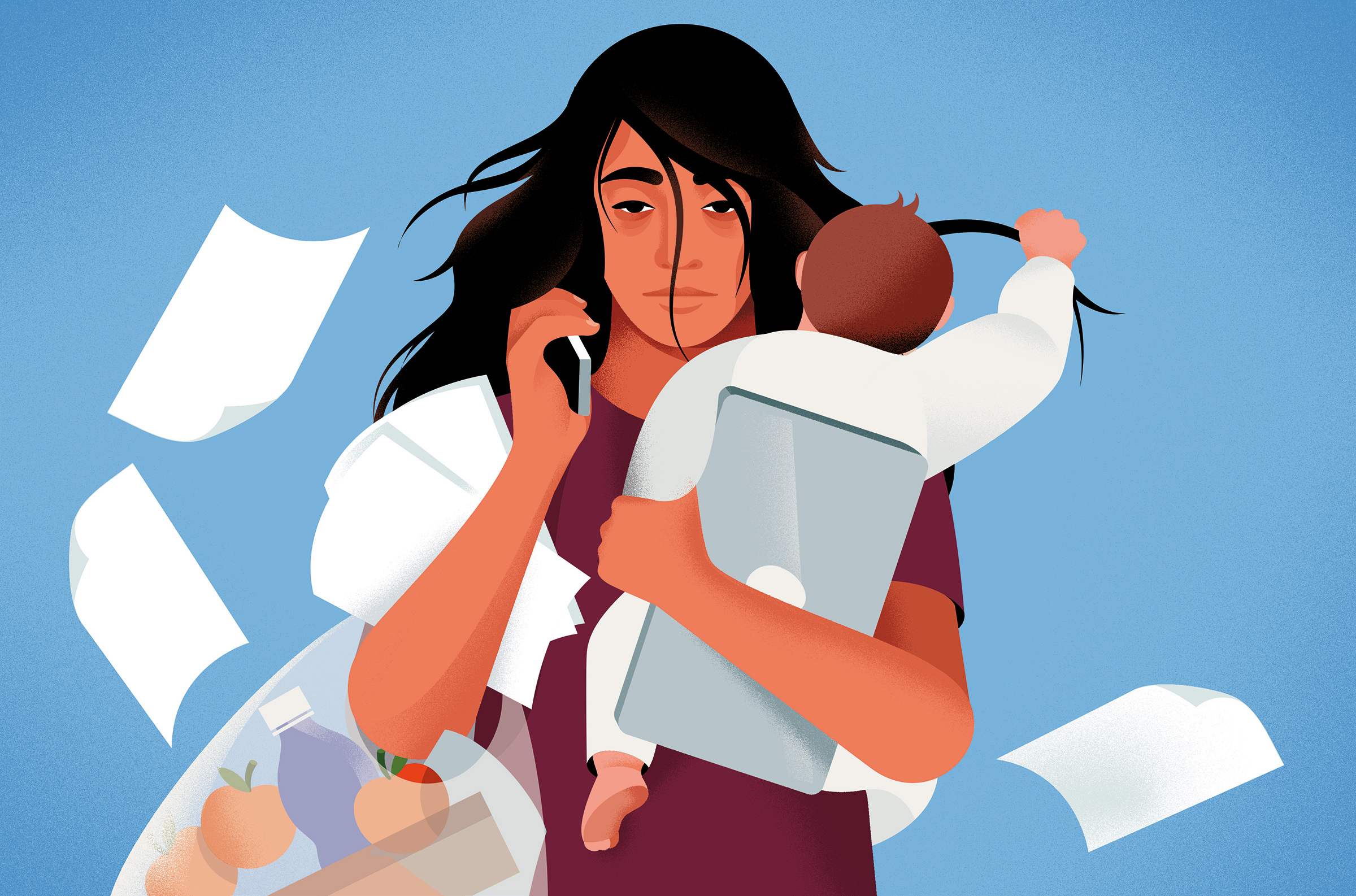


You must be logged in to post a comment.